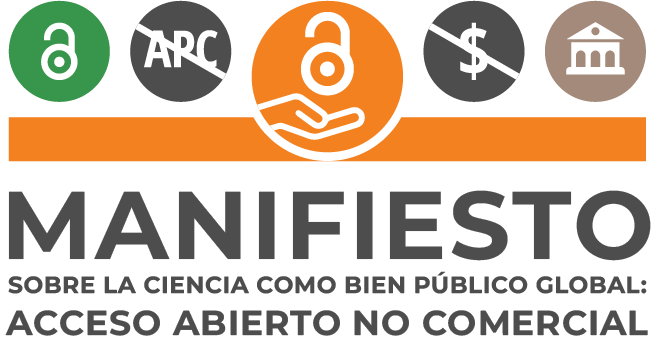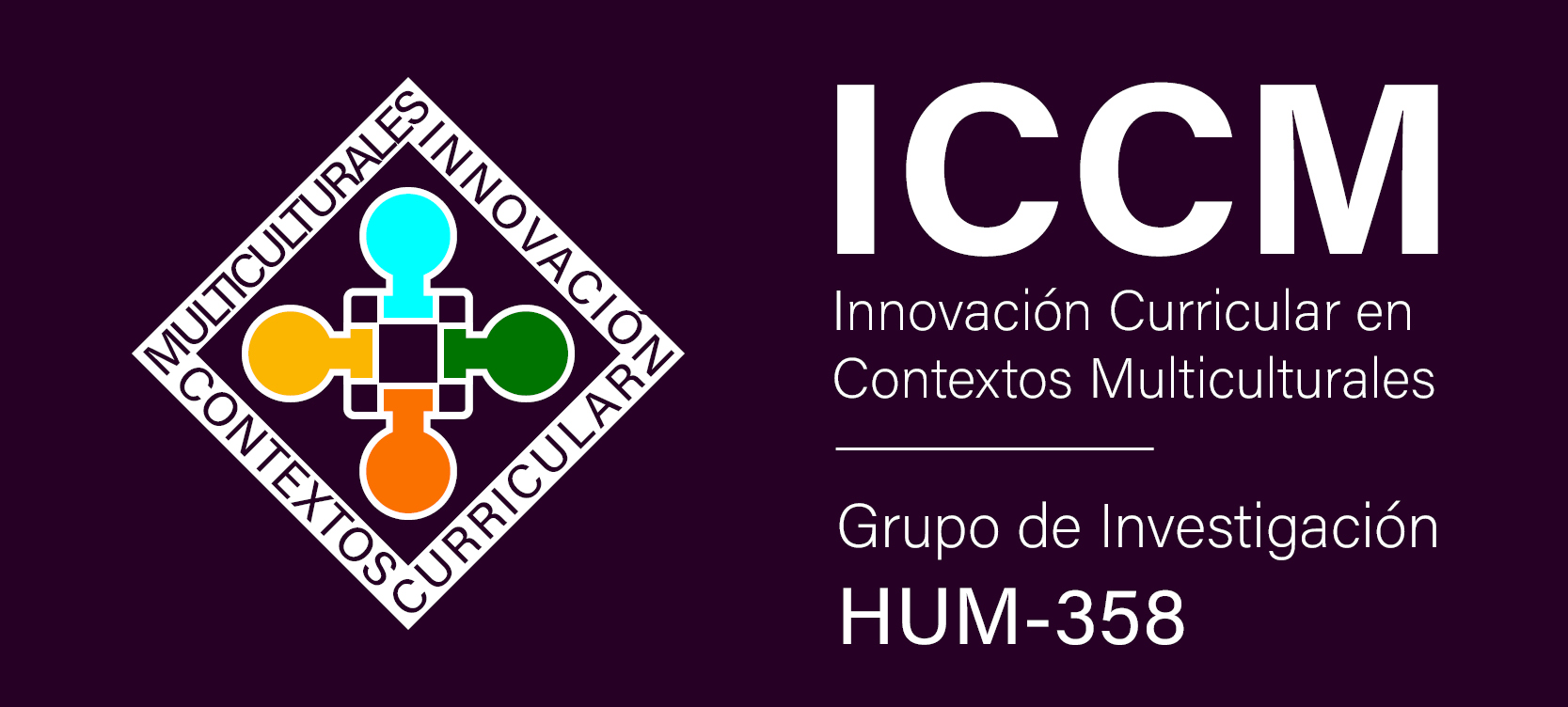EMOTIONAL INTELLIGENCE IN YOUNG PEOPLE WITH INTELLECTUAL DISABILITIES IN THE PROGRAMME “TODOS SOMOS CAMPUS”
DOI:
https://doi.org/10.30827/modulema.v9i.31770Keywords:
emotional intelligence, intellectual disabilities, university, training program, inclusionAbstract
Emotional intelligence is closely related to quality of life and personal satisfaction. Thus, an education that promotes the integral development of personality and emotional skills is a determining tool for life. In this context, with a non-experimental, descriptive, survey-type study using the Emotional Intelligence Questionnaire (CIE-25), we have analysed the state of emotional intelligence in its different dimensions of 24 young people with intellectual disabilities enrolled in the training programme “Todos Somos Campus” of the University of Murcia. In this sense, the participants show an acceptable level of emotional intelligence, standing out in the dimensions of social skills and motivation. In fact, most of them show high intrinsic motivation and commitment to their goals. In relation to empathy, the results indicate that the participants present a moderate level. Most of them show the ability to understand and share other people’s emotions, as well as to express their own feelings appropriately. However, they find it difficult to ask for support when they need it. Also, as in the study by Cejudo et al. (2016), they show areas for improvement in self-awareness and self-control. In addition, difficulties are identified in estimating the time needed to complete certain tasks which, in line with the work of Díaz-Morales (2019), may lead to a tendency to postpone activities. In any case, it is necessary to further study emotional intelligence in this group given its importance for labour market integration and personal and social development.
Downloads
References
Asociación Americana de la Discapacidad Intelectual y del Desarrollo (2011). Discapacidad intelectual. Definición, clasificación y sistemas de apoyo (11º Edición). Alianza Ensayo.
Bar-On, R. (1997). The emotional quotient inventory (EQ-i): A test of emotional intelligence. Multi-Health Systems.
Bar-On, R. (2006). The Bar-On model of emotional-social intelligence (ESI). Psicothema, 18 (Suppl.), 13-25.
Belmonte, M. L., Mirete, L., y Galián, B. (2020). Evaluación de la pertinencia del título universitario “Todos Somos Campus” dirigido a personas con discapacidad intelectual. Revista Interuniversitaria de Formación del Profesorado: RIFOP, 34, 263-79. https://www.redalyc.org/articulo.oa?id=27467982016 DOI: https://doi.org/10.47553/rifop.v34i1.77724
Belmonte, M. L., y Bernárdez-Gómez, A. (2021). Evaluation of Self-Concept in the Project for People with Intellectual Disabilities: “We Are All Campus”. Journal of Intelligence, 9(4), 50. https://doi.org/10.3390/jintelligence9040050 DOI: https://doi.org/10.3390/jintelligence9040050
Belmonte, M. L., Bernárdez-Gómez, A., y Mirete, A. B. (2021). La voz del silencio: evaluación cualitativa de prácticas de bullying en personas con discapacidad intelectual. Revista Brasileira de Educação Especial, 27, 215-230. https://doi.org/10.1590/1980-54702021v27e0027 DOI: https://doi.org/10.1590/1980-54702021v27e0027
Bueno Lugo, A. F. (2019). La Inteligencia Emocional: Exposición Teórica de los Modelos Fundantes. Revista Seres y Saberes, 6, 57-62. http://revistas.ut.edu.co/index.php/SyS/article/view/1816
Cabrera-García, V. E., Lizarazo-Sandoval, F. A., y Medina-Casallas, D. C. (2016). Necesidades de relaciones sociales de niños y niñas con discapacidad intelectual en la familia y en la escuela. Educación y Desarrollo Social, 10(2), 86-101. https://dialnet.unirioja.es/descarga/articulo/5585939.pdf
Casado González, F., Martínez-Lorca, M., Criado-Álvarez, J. J., y Martínez-Lorca, A. (2023). Análisis del impacto emocional en familias con hijos/as con un diagnóstico de discapacidad. Revista Española de Discapacidad, 11(2), 135-148. https://doi.org/10.5569/2340-5104.11.02.08 DOI: https://doi.org/10.5569/2340-5104.11.02.08
Cejudo, J., López-Delgado, M. L., y Rubio, M. J. (2016). Inteligencia emocional y resiliencia: su influencia en la satisfacción con la vida en estudiantes universitarios. Anuario de psicología, 46(2), 51-57. https://doi.org/10.1016/j.anpsic.2016.07.001 DOI: https://doi.org/10.1016/j.anpsic.2016.07.001
Cooper, R. K. (1997). Applying emotional intelligence in the workplace. Training & Development, 51, 31-38.
De Vellis, R. F. (2003). Scale Development: Theory and Applications. Sage.
Díaz-Morales, J. (2019). Procrastinación: una revisión de su medida y sus correlatos. Revista Iberoamericana de Diagnóstico y Evaluación-e Avaliação Psicológica, 2(51), 43-60. http://dx.doi.org/10.21865/RIDEP51.2.04 DOI: https://doi.org/10.21865/RIDEP51.2.04
Eid, Y. M. Y. (2022). Emotional Intelligence of Students with Learning Disabilities and Students with Intellectual Disabilities. International Journal of Early Childhood Special Education (INT-JECSE), 14(1), 152-160. https://www.int-jecse.net/media/article_pdfs/152-160.pdf DOI: https://doi.org/10.9756/INT-JECSE/V14I1.221020
Epstein, S. (1998). Constructive thinking: The key to emotional intelligence. Praeger. DOI: https://doi.org/10.5040/9798400631030
Extremera Pacheco, N., y Fernández-Berrocal, P. (2004). El papel de la inteligencia emocional en el alumnado: evidencias empíricas. Revista Electrónica de Investigación Educativa, 6(2), 1-17. http://redie.uabc.mx/vol6no2/contenido-extremera.html DOI: https://doi.org/10.35362/rie3334005
Falla, D., Alós, F., Moriana, J., y Ortega-Ruíz, R. (2012). La violencia entre estudiantes según el profesorado en los Centros de Educación Especial de Córdoba. Aula abierta, 40(1), 3-14. https://dialnet.unirioja.es/servlet/articulo?codigo=3791442
Fernández-Berrocal, P., y Extremera Pacheco, N. (2002). La inteligencia emocional como una habilidad esencial en la escuela. Revista Iberoamericana de Educación, 29(1), 1-6. https://doi.org/10.35362/rie2912869 DOI: https://doi.org/10.35362/rie2912869
Fernández-Berrocal, P., Ruiz-Aranda, D., Salguero, J.M., Palomera, R., y Extremera, N. (2018). The Relationship of Botín Foundation’s Emotional Intelligence Test (TIEFBA) with Personal and Scholar Adjustment of Spanish. Revista de Psicodidáctica, 23, 1-8. http://dx.doi.org/10.1016/j.psicod.2017.07.001 DOI: https://doi.org/10.1016/j.psicoe.2017.07.005
Flores, N., Janero, C., Tomşa, R., López Lucas, J., y Beltrán, M. (2014). Actitudes, barreras y oportunidades para el empleo de personas con discapacidad intelectual. International Journal of Developmental and Educational Psychology INFAD Revista de Psicología, 4(1), 613-619. http://dx.doi.org/10.17060/ijodaep.2014.n1.v4.837 DOI: https://doi.org/10.17060/ijodaep.2014.n1.v4.837
Garbanzo Vargas, G. M. (2012). Factores asociados al rendimiento académico en estudiantes universitarios, una reflexión desde la calidad de la educación superior pública. Revista Educación, 31(1), 43-63. https://www.redalyc.org/articulo.oa?id=44031103 DOI: https://doi.org/10.15517/revedu.v31i1.1252
García-Candel, J. A., Belmonte, M. L., y Bernárdez-Gómez, A. (2023). Expectations of Personal Life Development and Decision-Making in People with Moderate Intellectual Disabilities. Journal of Intelligence, 11(24), 1-15. https://doi.org/10.3390/jintelligence11020024 DOI: https://doi.org/10.3390/jintelligence11020024
Gardner, H. (1987). Estructuras de la mente. Fondo de Cultura Económica.
Garnica, C., y Santoya, Y. (2002). Relación entre rendimiento académico e inteligencia emocional de los estudiantes de la Corporación Universitaria Tecnológica de Bolivar. [Tesis de Grado] Repositorio de la Corporación Universitaria Tecnológica de Bolivar. https://hdl.handle.net/20.500.12585/2537
Gavín-Chocano, O. y Molero, D. (2020). Valor predictivo de la Inteligencia Emocional Percibida y Calidad de Vida sobre la Satisfacción Vital en personas con Discapacidad Intelectual. Revista de Investigación Educativa, 38(1), 131-148. http://dx.doi.org/10.6018/rie.331991 DOI: https://doi.org/10.6018/rie.331991
Goleman, D. (1996). La inteligencia emocional. Javier Vergara Editor.
González-Collado, C., Iglesias-García, M. T., y Sabín-Fernández, C. (2009). Inteligencia emocional en personas reclusas con discapacidad intelectual. Siglo Cero, 50(1), 7–25. https://doi.org/10.14201/scero2019501725 DOI: https://doi.org/10.14201/scero2019501725
Gustems-Carnicer, J., y Calderón-Garrido, C. (2014). Empatía y estrategias de afrontamiento como predictores del bienestar en estudiantes universitarios españoles. Electronic Journal of Research in Educational Psychology, 12(1), 129-146. https://doi.org/10.14204/ejrep.32.13117 DOI: https://doi.org/10.14204/ejrep.32.13117
Houchins, D. E., Oakes, W. P., y Johnson, Z. G. (2016). Bullying and Students With Disabilities: A Systematic Literature Review of Intervention Studies. Remedial and Special Education, 37(5), 259-273. http://dx.doi.org/10.1177%2F0741932516648678 DOI: https://doi.org/10.1177/0741932516648678
López-Cassá, E., Pérez-Escoda, N., y Alegre, A. (2018). Competencia emocional, satisfacción en contextos específicos y satisfacción con la vida en la adolescencia. Revista de Investigación Educativa, 36(1), 57-73. http://dx.doi.org/10.6018/rie.36.1.273131 DOI: https://doi.org/10.6018/rie.36.1.273131
López-Zafra, E., Pulido-Martos, M., y Berrios-Martos, P. (2014). EQ-i Versión Corta (EQi-C). Adaptación y validación al español del EQ-i en universitarios. Boletín de Psicología, 110, 21-36.
Mayer, J. D., y Salovey, P. (1997). What is emotional intelligence? En P. Salovey y D. Sluyter (Eds), Emotional Development and Emotional Intelligence: Implications for Educators (pp. 3-31). Basic Books.
Morales Rodríguez, F. (2017). Relaciones entre afrontamiento del estrés cotidiano, autoconcepto, habilidades sociales e inteligencia emocional. European Journal of Education and Psychology, 10(2), 41-48. https://doi.org/10.1016/j.ejeps.2017.04.001 DOI: https://doi.org/10.1016/j.ejeps.2017.04.001
Palomero Sierra, B. y Díez Villoria, E. (2022). Requisitos inherentes en la inclusión del alumnado universitario con discapacidad: una revisión de alcance. Revista Española de Discapacidad, 10(2), 53-68. https://doi.org/10.5569/2340-5104.10.02.04 DOI: https://doi.org/10.5569/2340-5104.10.02.04
Pujolàs, P. (2008). El aprendizaje cooperativo como recurso y como contenido. Aula de innovación educativa, 170, 37-41.
Rieffe, C., Broekhof, E., Kouwenberg, M., Faber, J., Tsutsui, M., y Güroğlu, B. (2016). Disentangling proactive and reactive aggression in children using self-report. European Journal of Developmental Psychology, 13(4), 439-451. http://doi.org/10.1080/17405629.2015.1109506 DOI: https://doi.org/10.1080/17405629.2015.1109506
Ródenas Rios, J. A. (2017). El desarrollo de la inteligencia emocional en las personas con discapacidad intelectual: revisión bibliográfica. PublicacionesDidácticas, 87, 333-336. https://core.ac.uk/download/pdf/235855219.pdf
Rodríguez-Belmares, P., Matud-Aznar, M. P., y Álvarez-Bermúdez, J. (2017). Género y calidad de vida en la adolescencia, Journal of Behavior, Health & Social Issues, 9(2), 89-98. https://doi.org/10.1016/j.jbhsi.2017.11.001 DOI: https://doi.org/10.1016/j.jbhsi.2017.11.001
Roncancio Ariza, M. H., Camacho Bonilla, N. M., Ordóñez León, J. C., y Vaca Vaca, P. (2017). Convivencia escolar y cotidianidad: una mirada desde la inteligencia emocional. Revista Educación y Desarrollo Social, 11(1), 24-47. http://dx.doi.org/10.18359/reds.2649 DOI: https://doi.org/10.18359/reds.2649
Ruiz Rodríguez, E. (2004). Programa de educación emocional para niños y jóvenes con síndrome de Down. Revista Síndrome de Down, 21, 84-43.
Salovey, P., y Mayer, J. D. (1990). Emotional intelligence. Imagination, Cognition, and Personality, 9(3), 185-211. https://doi.org/10.2190/DUGG-P24E-52WK-6CDG DOI: https://doi.org/10.2190/DUGG-P24E-52WK-6CDG
Schalock, R., y Verdugo, M. A. (2007). El concepto de Calidad de vida en los servicios y apoyos para personas con discapacidad intelectual. Siglo Cero, 38(4), 21-36.
Sivasubramanian, P. (2020). Emotional Intelligence in Individuals with Intellectual disability. In Research Anthology on Physical and Intellectual Disabilities in an Inclusive Society (pp. 1793-1806). IGI Global. https://doi.org/10.4018/978-1-7998-1223-4.ch012 DOI: https://doi.org/10.4018/978-1-6684-3542-7.ch094
Weisinger, H. (1998). La inteligencia Emocional en el trabajo. Javier Vergara.

Published
How to Cite
Issue
Section
License
Copyright (c) 2025 José Antonio García Candel, María Luisa Belmonte Almagro, María Ángeles Gomariz Vicente

This work is licensed under a Creative Commons Attribution-NonCommercial-ShareAlike 4.0 International License.

















